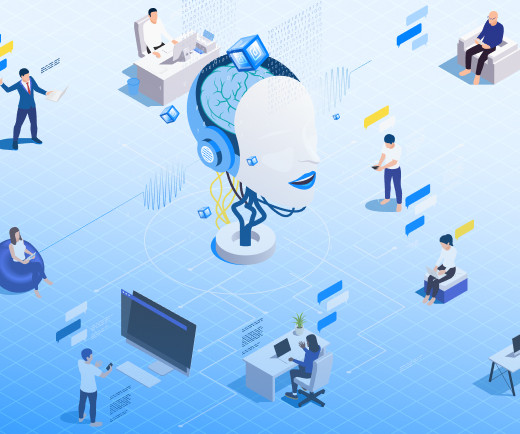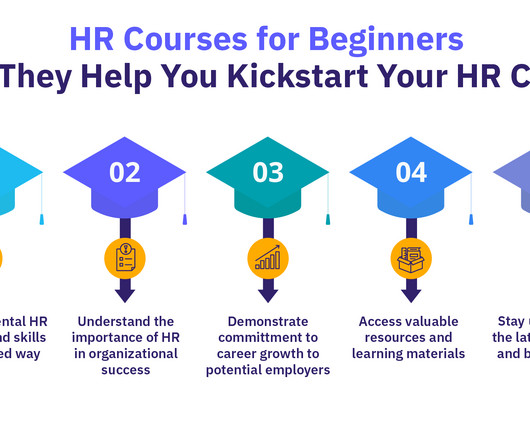Integrating Core HR Functions with a Unified HRIS Solution
Hppy
MAY 30, 2025
Managing the employee lifecycle for HR teams involves dozens of interconnected processes—from onboarding and time tracking to benefits administration, payroll, and performance management. When these functions live in separate systems, it creates unnecessary complexity, slows operations, and increases the chance of human error.























































Let's personalize your content